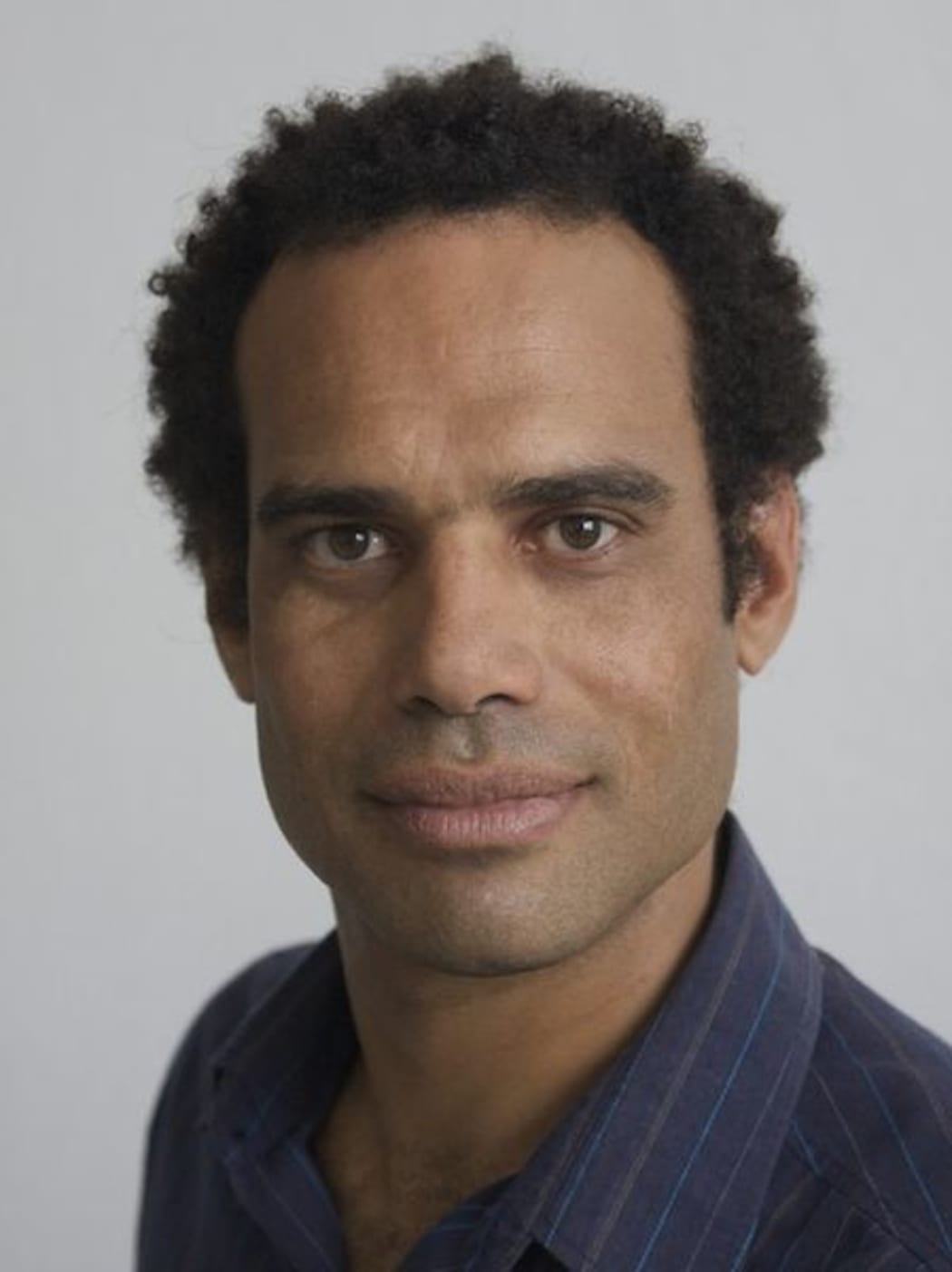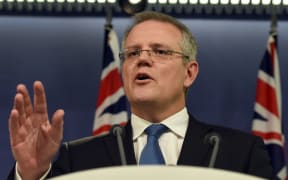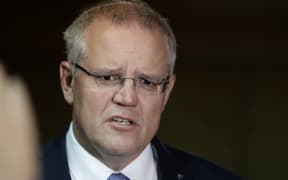Vanuatu's Foreign Minister has poured cold water on an Australian request for a security treaty between the two nations.

Ralph Regenvanu Photo: WikiCommons / Marke Lowen
Ralph Regenvanu's comments come ahead of Australian Prime Minister Scott Morrison's visit this week.
The Daily Post reported that Australian officials explicitly asked for a treaty during Vanuatu Prime Minister Charlot Salwai's visit to Canberra last year.
However, Ralph Regenvanu said they hadn't responded positively yet.
Mr Reganvanu said there would be no prospect of a change in Vanuatu's 'Non-Aligned' status.
The foreign minister later clarified that this stance was not aimed specifically at Australia.
He said Vanuatu was not interested in an exclusive security treaty with any one country.
Mr Reganvanu said a defence agreement would affect Vanuatu's 'Non-Aligned' status.
But that didn't appear to rule out an agreement dealing with internal security, law and order, or humanitarian deployments.
Mr Regenvanu made it clear that there were many areas that the two countries could improve cooperation, coordination and understanding.
Mr Morrison is expected to cut the ribbon on an Australian-funded Police training college facility during his two-day stay.
Australia was also contributing funds and resources to Vanuatu's new national security task force, and backstopping the government's cybercrime legislation drafting process.
"But in terms of a treaty with Australia," Mr Regenvanu concluded, "probably not".
However, the foreign minister is reportedly viewing the prime minister's visit as a positive sign towards action around climate change.
Ralph Regenvanu, a champion of climate action, told the Daily Post's editor Dan McGarry that he's optimistic the visit signals bilateral traction on regional security issues.
Pacific Island Forum members, including Australia, signed the Boe Declaration in September which stated that climate change was the single biggest threat to regional security.
There are hopes that the declaration would now provide a basis for action between the two countries.
Mr McGarry said Mr Regenvanu believed there was plenty of room to agree on action away from the multi-lateral stage.
"In terms of bilateral engagement, he really saw a lot of room for action.
"And given that Mr Regenvanu is one of the most aggressively environmentalist of our council of ministers, I think that's a really notable statement," he said.



